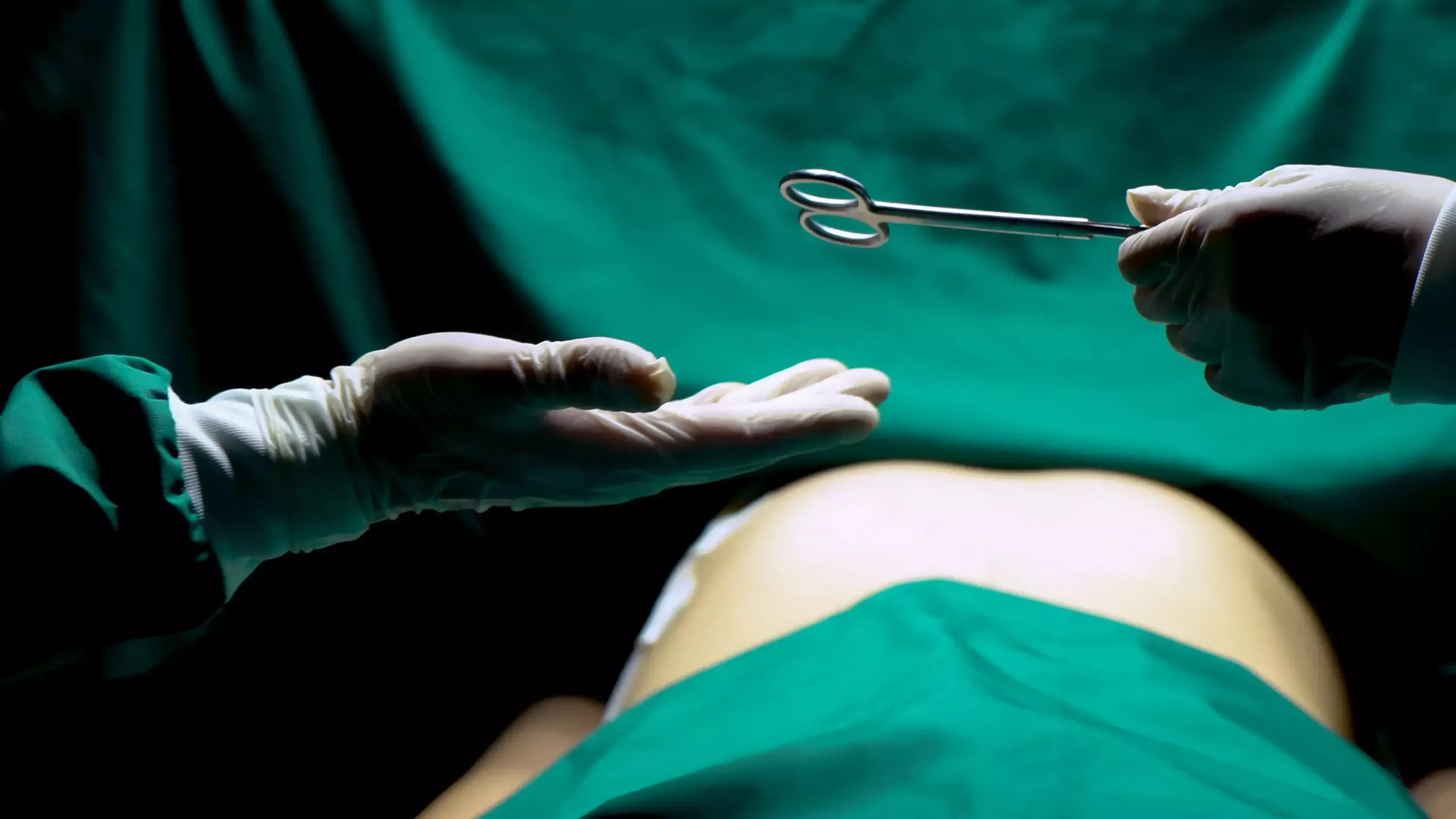Pilonidal cyst surgery is a common treatment option for pilonidal cysts, which can cause a painful infection and interfere with daily life.
We will walk you through the step-by-step process of pilonidal cyst excision surgery in this guide, shedding light on critical aspects of the procedure, recovery, and infection prevention.
Step 1: Diagnosis and Evaluation:
Accurate diagnosis is the first and most important step in pilonidal cyst surgery. A healthcare professional will examine the cyst to determine its size, location, and the presence of an infection. Ultrasound or MRI imaging may be used to determine the extent of the cyst and aid in surgical planning.
Step 2: Preoperative Preparations:
Patients will be given instructions on preoperative care before undergoing surgery. Fasting before the procedure and discontinuing certain medications may be required to reduce the risk of complications. Antibiotics may be prescribed to patients with active infections prior to surgery to control the infection.
Step 3: Administration of Anesthesia:
Pilonidal cyst surgery can be performed under local anesthesia with sedation or under general anesthesia. The decision is influenced by the patient’s health, the complexity of the cyst, and the surgeon’s preference. General anesthesia keeps the patient unconscious throughout the procedure.
Step 4: The Surgical Procedure:
The surgeon carefully removes the debris, hair, and infected tissue by making an incision around the cyst. In the case of chronic or recurring cysts, a more invasive procedure known as excision may be used to remove the entire cyst and affected tissue. The wound is then cleaned and stitched shut.
Step 5: Wound Management and Recovery:
Following pilonidal cyst excision surgery, wound care is critical for optimal healing. Postoperative instructions will be given to patients, including how to clean the wound, change dressings, and manage any discomfort. Some wounds may be left open to heal gradually depending on the surgical approach.
Step 6: Infection Prevention and Management:
It is critical to avoid postoperative infections. To reduce friction, patients are advised to practice strict hygiene, avoid prolonged sitting, and wear loose clothing. Antibiotics may be prescribed to treat or prevent infections.
A Pilonidal Cyst Doctor
When dealing with the discomfort and challenges posed by a pilonidal cyst, seeking the expertise of a qualified pilonidal cyst doctor is crucial. These doctors are experts in the diagnosis, treatment, and management of pilonidal cysts and their complications. Let’s delve into the role of a doctor for pilonidal cyst and how they play a pivotal role in guiding patients through their journey to recovery.
Education and Training: Pilonidal cyst doctors, often general surgeons or colorectal surgeons, undergo rigorous education and training to develop the skills necessary for managing various conditions affecting the lower digestive tract and surrounding areas. Their extensive medical knowledge, combined with on-the-job training, enables them to make accurate diagnoses and recommend appropriate treatment options.
Expert Diagnosis: Pilonidal cyst specialists are adept at recognizing the distinctive signs and symptoms of pilonidal cysts. They can confirm the presence of a cyst, assess its severity, and determine whether an infection is present through careful examination and, in some cases, diagnostic imaging. This precise diagnosis serves as the foundation for developing a personalized treatment plan.
Personalized Treatment Plans: Because each patient’s situation is different, a pilonidal cyst doctor understands the value of personalized treatment plans. The doctor will discuss various treatment options based on factors such as size, location, and presence of infection. Conservative measures, antibiotics, or surgical intervention may be considered.
Surgical Experience: If pilonidal cyst excision surgery is required, a pilonidal cyst specialist has the skills and experience to complete the procedure precisely. They will explain the surgical approach, address any concerns, and ensure that the patient understands the procedure’s details and potential outcomes. Surgical expertise is especially important when dealing with recurring or complex cases.
Patient Education: Patient education is an important aspect of a pilonidal cyst doctor’s role. They explain the condition, treatment options, and what patients can expect during and after the procedure. This enables patients to make informed healthcare decisions and actively participate in their recovery.
Postoperative Care and Follow-Up: A pilonidal cyst specialist’s relationship with their patient does not end with surgery. These doctors supervise postoperative care, offering advice on wound care, infection prevention, and pain management. Regular check-ins allow the doctor to monitor the patient’s progress, address any concerns, and ensure that the recovery is progressing as planned.
Compassion and Support: In addition to their medical expertise, pilonidal cyst doctors provide compassion and support to patients dealing with the physical and emotional challenges of this condition. They recognize the negative impact pilonidal cysts can have on a person’s quality of life and are dedicated to providing both medical treatment and emotional support.
Pilonidal Experts – Contact the Experts Today!
At Pilonidal Experts, we understand the impact that pilonidal cysts can have on your daily life. We are dedicated to providing top-tier medical care and personalized solutions to help you regain your comfort and overall well-being. Our team of skilled specialists is committed to guiding you through a seamless journey to recovery.
Don’t wait! Contact our team and learn more about how pilonidal cyst surgery can improve your life, today!








